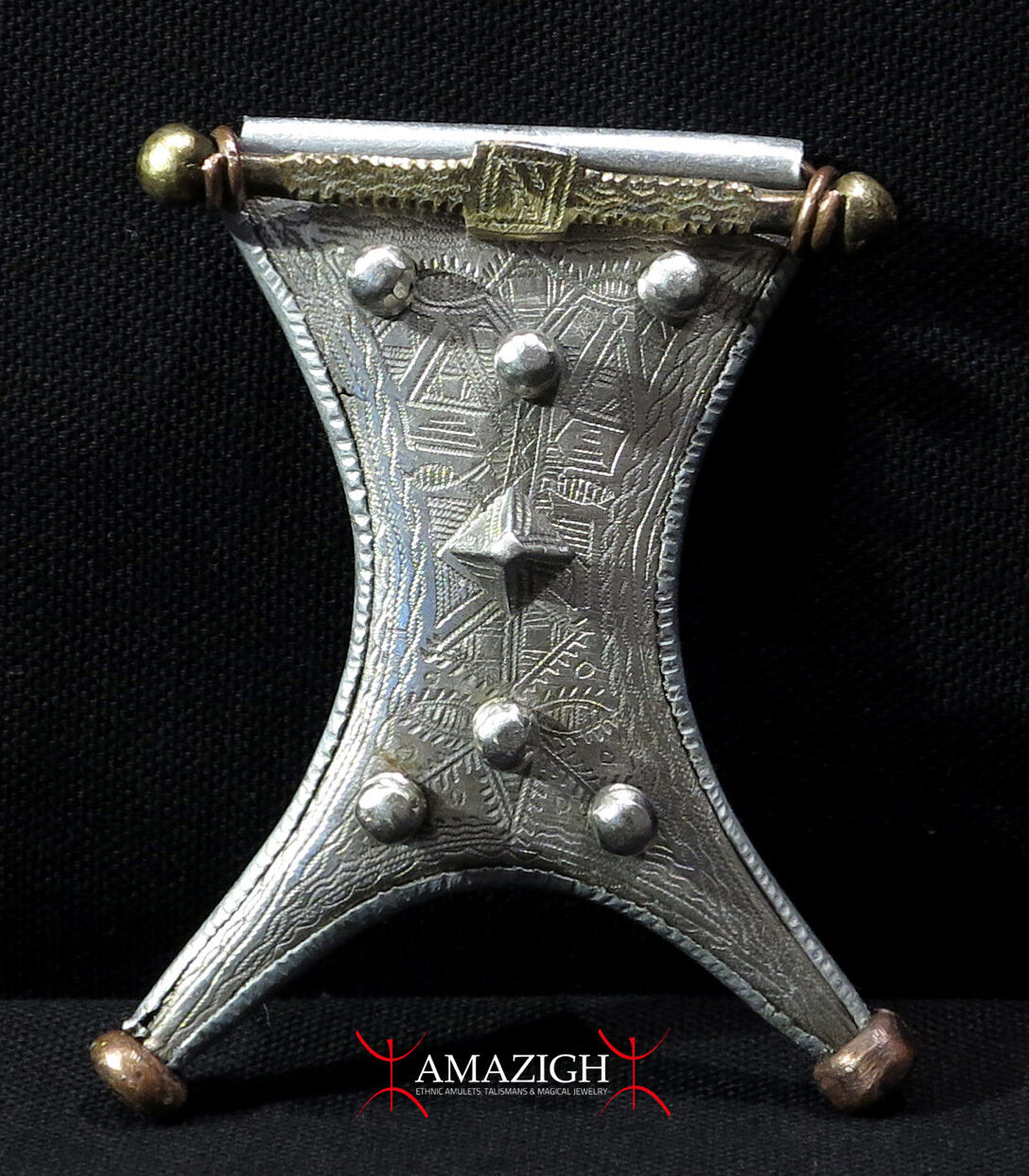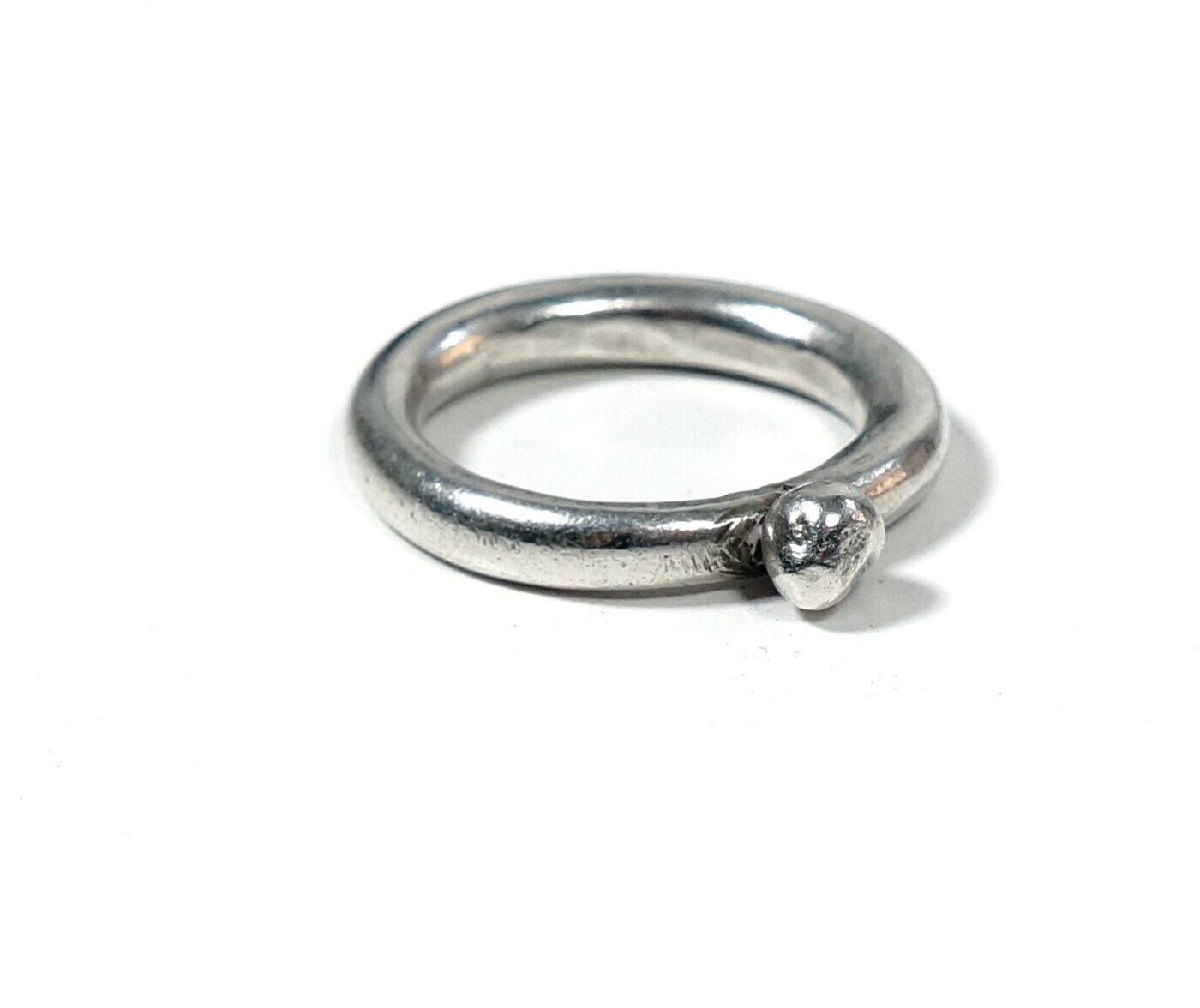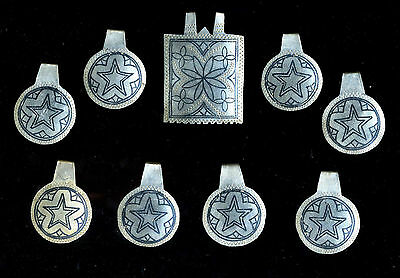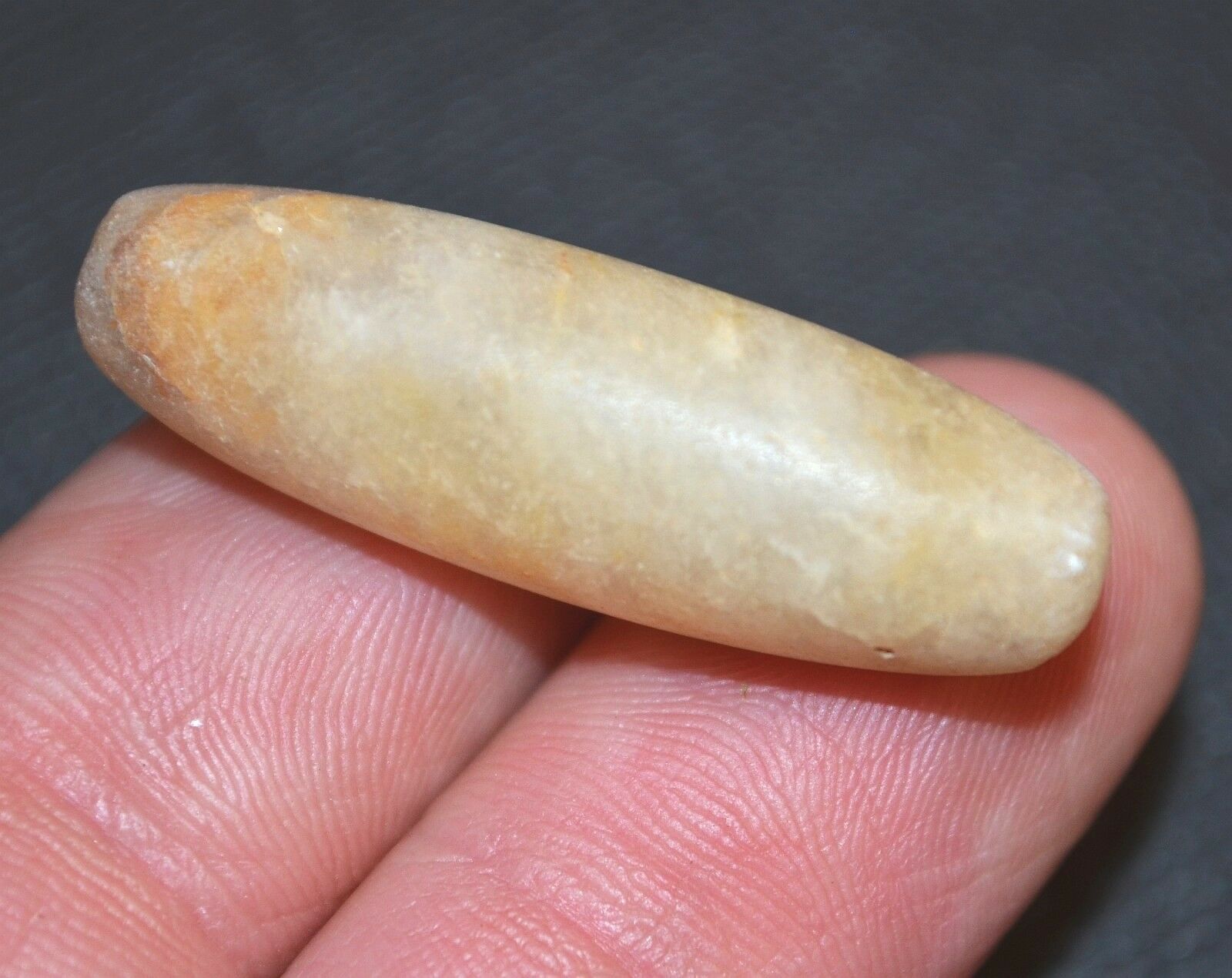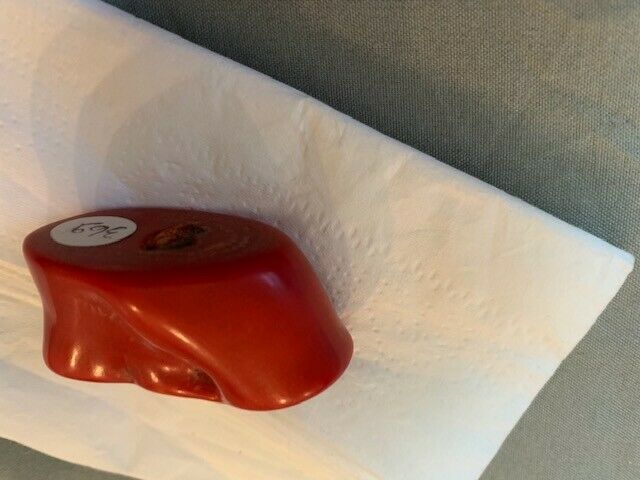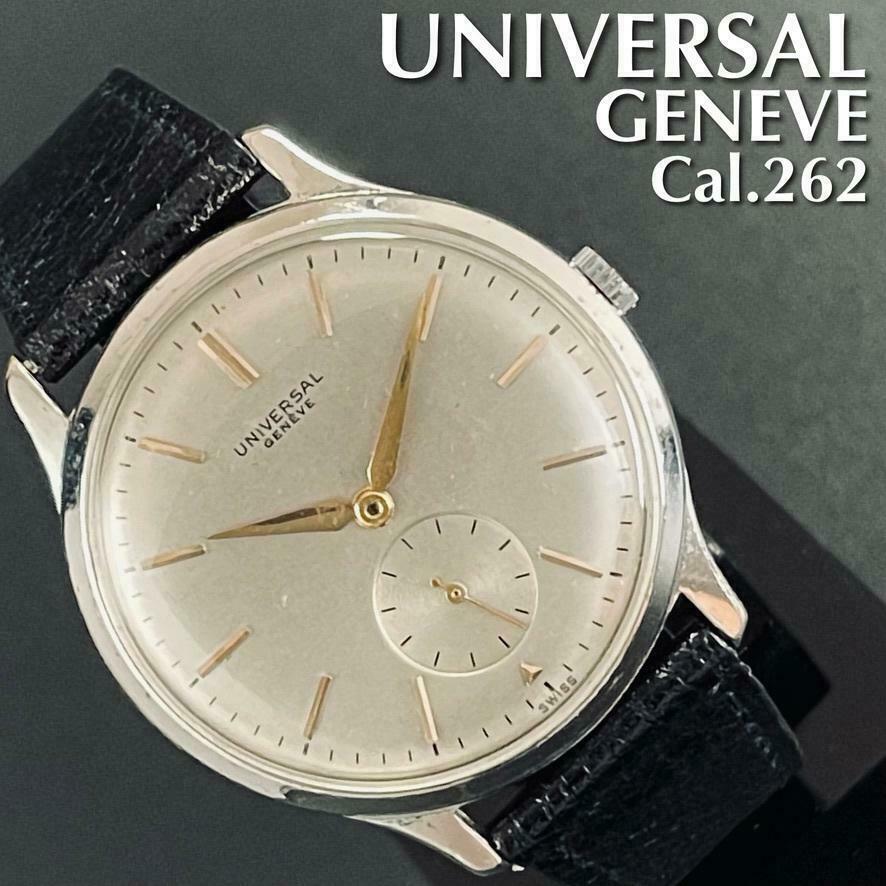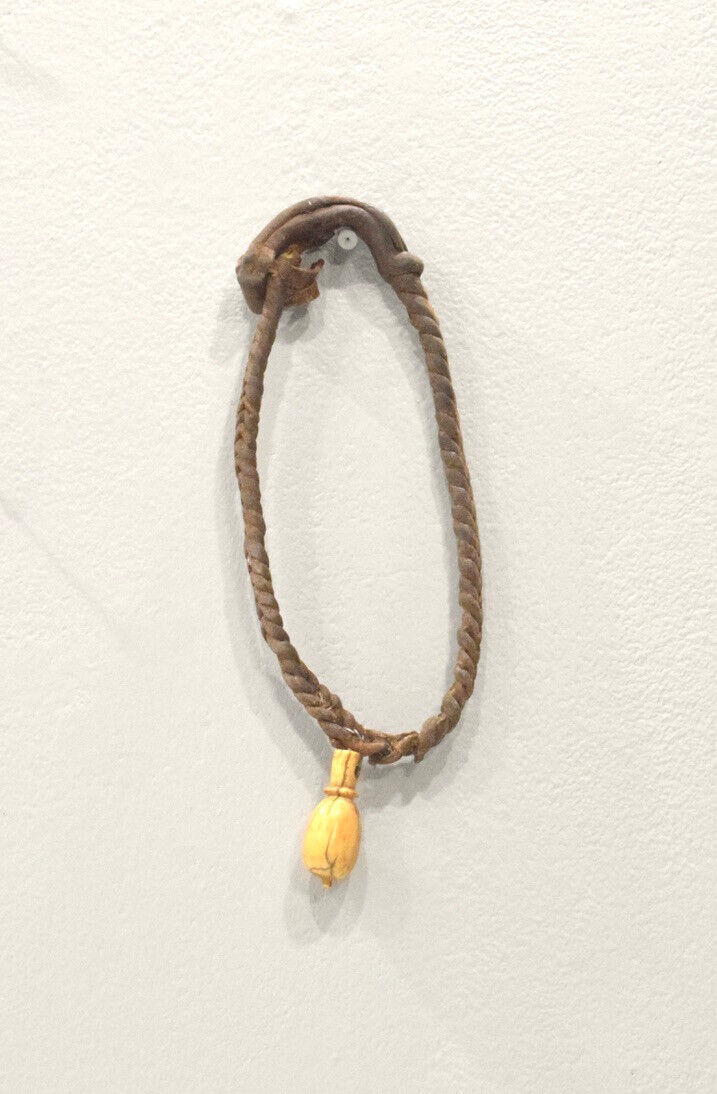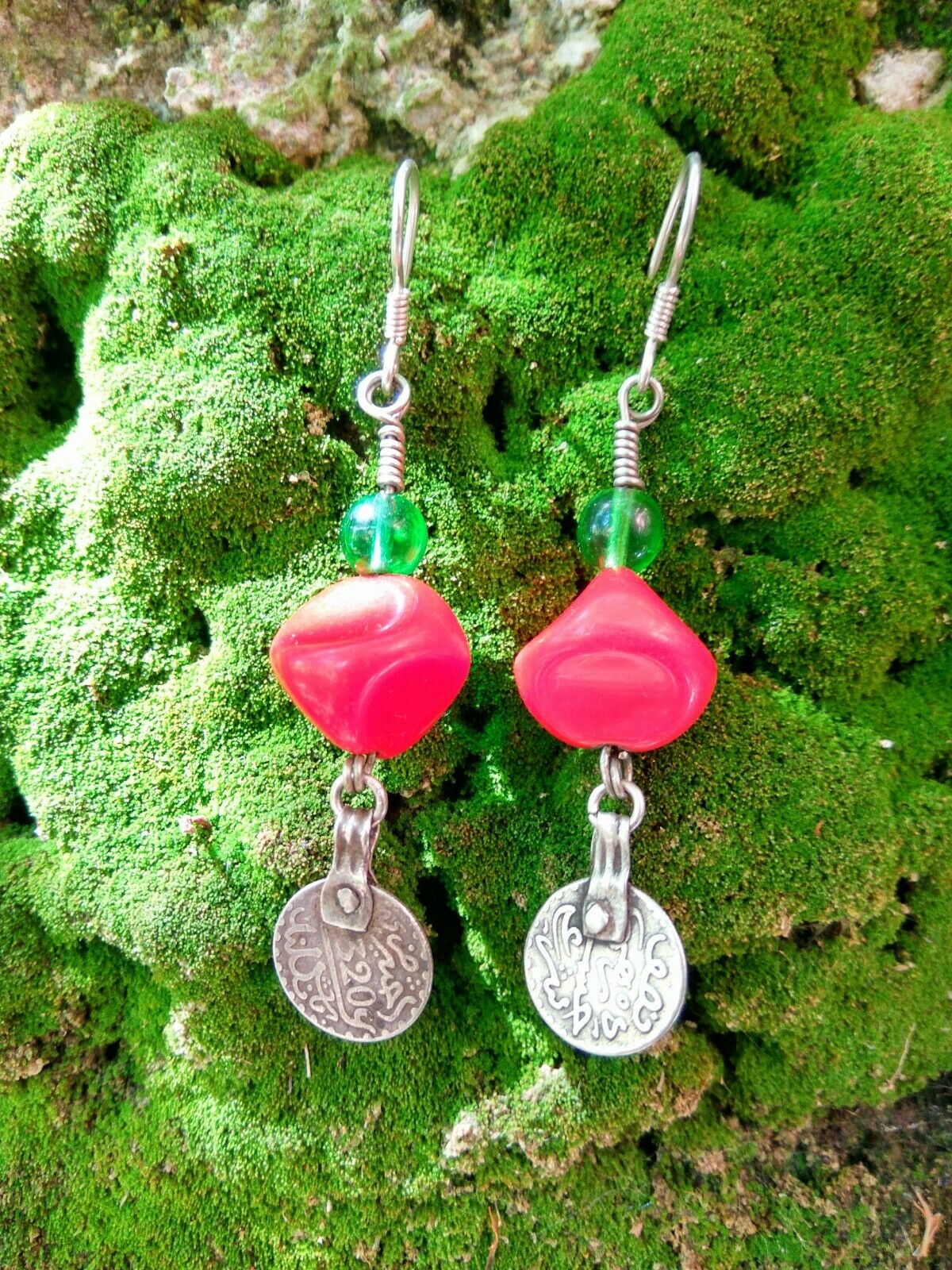-40%
Old Tuareg Talisman - TCHEROT - Azawagh, Niger
$ 89.73
- Description
- Size Guide
Description
OldTuareg Talisman - TCHEROT - Azawagh, Niger
Mid 20th century.
E
ngraved s
ilver sheet on aluminium, brass bar
,
copper
. Grams
. 41,1 (1.44 oz.);
c
m. 8,2 high x cm. 6,6 width
(3.22
”
x 2.59
").
In the Tuareg language (Tamahaq), the literal sense of the word “Tcherot” means “letter”, “message” or “paper on which something is written”. The word Tcherot is used in Niger, while these talismans are called “Taraout” in Algeria, “Takardé” in Mali and “Kitab” in Mauritania.
The Tcherot often has the form of a metal or leather box, lozenge-shaped or rectangle or square. The Techerot often has a sheet of paper, closed and sealed, on which is written in Arabic, one or more verses of the Quran selected by an Imam or a Marabout, at the request of a person who wants to be protected from the evil eye, curses, hatred, diseases or also to receive favors or luck.
In other cases the Tcherot can hold a sheet of paper on which is written magic letters, numbers, names of days, names of the stars and planet, or signs representing the eye, revealing the esoteric practices well known by the Marabouts. Other times a Tcherot may contain desert sand, small objects, or simply the “whiff” of the Marabout.
The Tuareg people inhabit a large area, covering almost all the middle and western
Sahara
and the north-central
Sahel
. They are probably descended from the ancient Libyan people of the kingdom of the
Garamantes
, described by
Herodotus
.
Tuareg are mostly nomads. For over two millennia, they operated the
trans-Saharan caravan trade
connecting the great cities on the southern edge of the Sahara via five desert trade routes to the northern coast of Africa (Mediterranean).
417
